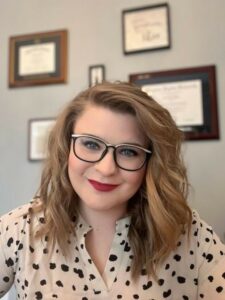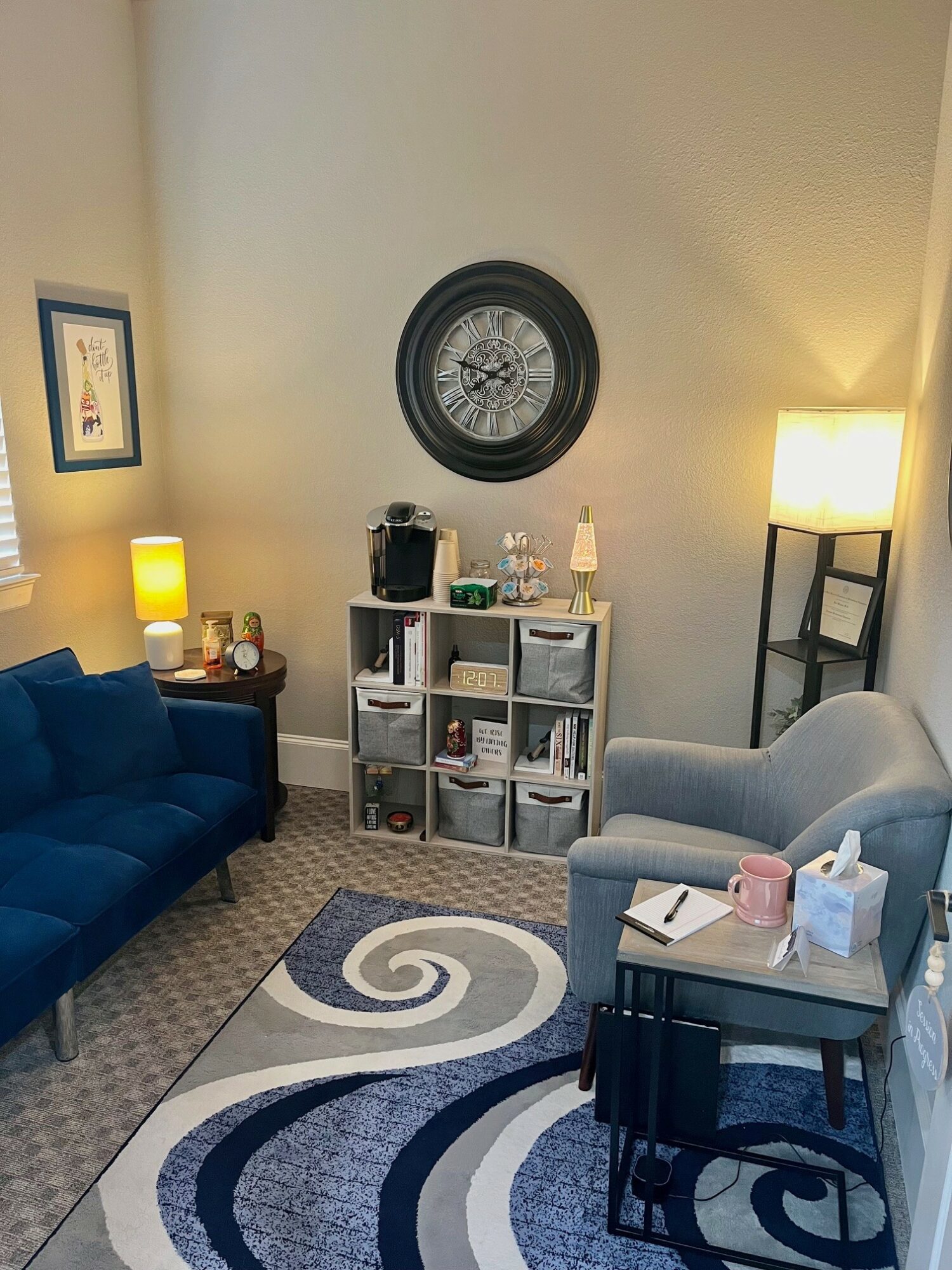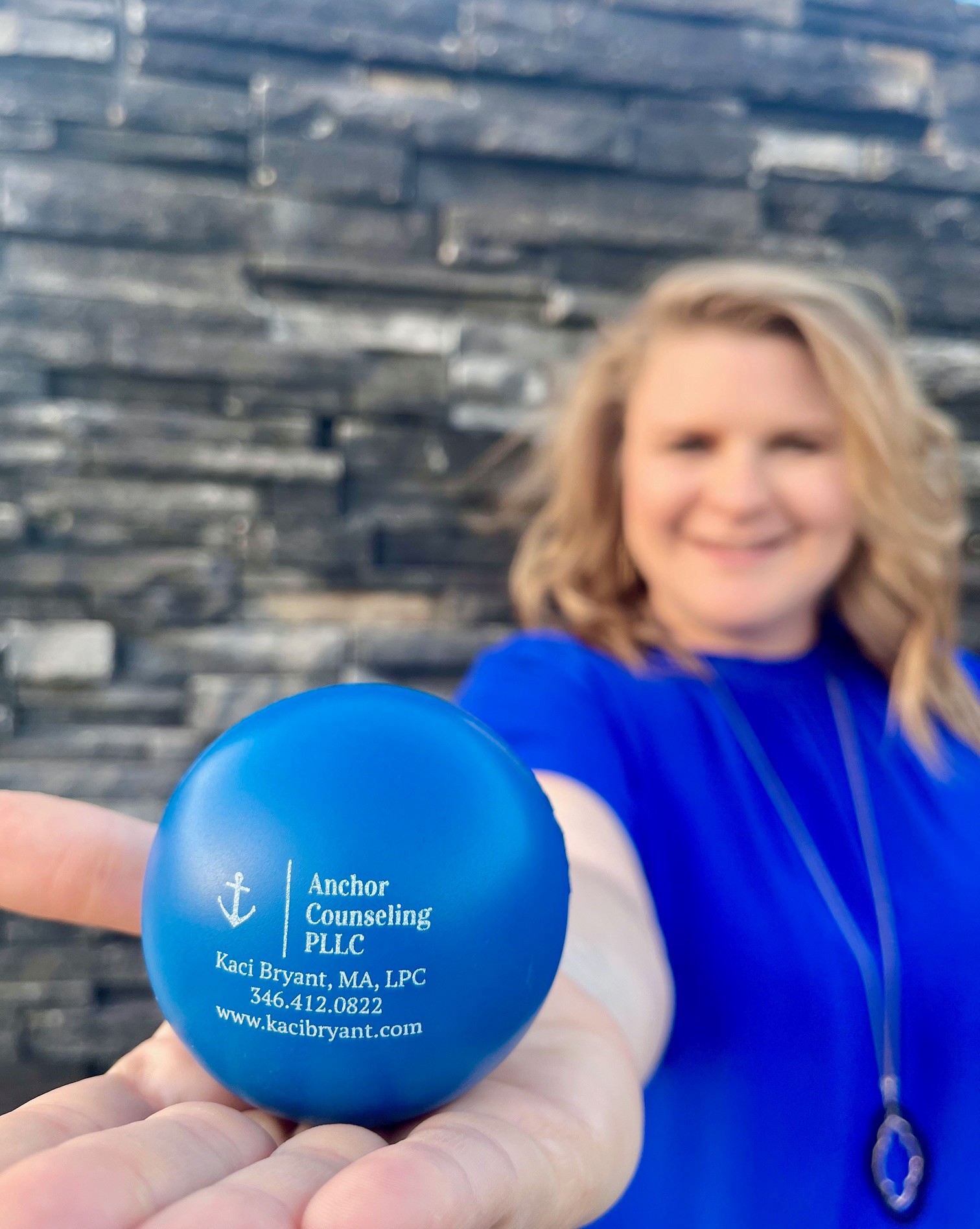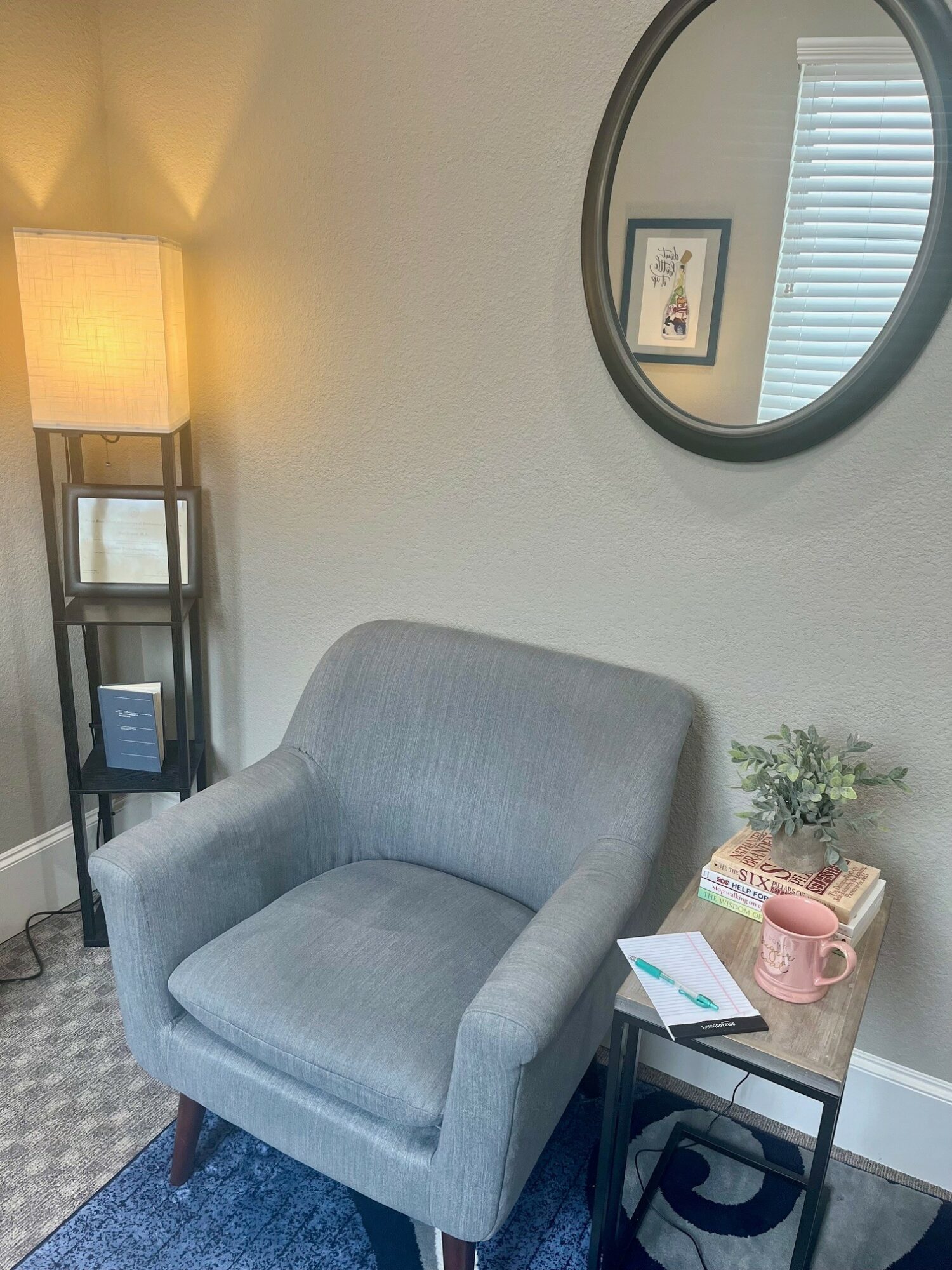 Today we’d like to introduce you to Kaci Bryant.
Today we’d like to introduce you to Kaci Bryant.
Hi Kaci, so excited to have you on the platform. So, before we get into questions about your work life, maybe you can bring our readers up to speed on your story and how you got to where you are today.
Becoming a Christian Counselor really starts when I was a junior in college at Abilene Christian University. I was majoring in Communication but also minoring in Bible and Family Studies. I really had no clear direction of what life after graduation was going to look like or even what field I wanted to start my career. I remember taking my first family studies class and thinking, “Wow, this is like a backstage pass into understanding family dynamics and relationships.” I was so intrigued! So, during my junior year, I really started asking God, where do I go and where do you want me? I started to dig more into the family studies program, and the more classes I took, the more clarity I felt like I received. I even took a career discovery seminar by the time I was a senior (a little late, I know! And yes, I was the only senior in the seminar), and all of my personality test results advised me away from being a therapist, but I really felt that this was where God was calling me to be. So, fast forward a little bit, I start my graduate program at Houston Baptist University (now Houston Christian). During one of my classes later in the program, one of the professors asked us to make a list of clientele we did not want to work with as we are starting out, as it is equally important to know what you don’t want in addition to, what you do want. So, my list included sex offenders, severe mental illness, and teenagers. I had worked with teens in a ministry setting during college but did not necessarily want to work with them in a clinical setting. Well, I have learned that when I say I am not, God says, yes, you are. My first practicum experience was working in a sex offender treatment program, then I transitioned during my internship to work at a mental health hospital; and after obtaining full licensure, I started in private practice working with teens and older. Sometimes, I have to laugh at my own plan, and how things have worked out because I had some really amazing, growth-promoting experiences working with the populations, I was honestly too scared to even consider as a graduate student. So, after working in a group private practice for a little over 2 years, again, I felt the tug from the Lord to open my own practice, so here I am, owner and operator of Anchor Counseling, PLLC.
Would you say it’s been a smooth road, and if not, what are some of the biggest challenges you’ve faced along the way?
In short, the road has not been smooth, but smooth roads rarely create the growth we wish to see in ourselves (which I can say now but definitely struggled with in the moment). I also think becoming a therapist in general can be a long and daunting road, given the 3,000-hour clinical internship needed to obtain full licensure. However, during my first practicum experience, I really did not have great work boundary-setting skills and struggled to say no when I needed to, which led to burnout very quickly. Because I was so burned out, I actually took a step back from obtaining my clinical hours and worked in a field totally unrelated for a year and a half to kind of recover. In 2017, I finally decided to get back to my counseling career and started at the mental health hospital. I will admit, my own expectations of what that was going to be like probably caused me the most stress. Unfortunately, as of now, in 2024, there is no real cure or effective treatment for schizophrenia and related severe mental illness. A lot of the work I was doing was related to helping patients maintain stability and making sure they were staying medication-compliant. This reality was difficult for me because I do value progress and seeking a sense of accomplishment. The mental health hospital environment was not conducive to meeting those desires. However, I did have the amazing opportunity to become an equine therapist, where we utilized horses to help patients process thoughts, emotions, and past life experiences. One day, on my way to work, I was involved in a severe car accident after a woman ran a red light that left me with a broken wrist and a totaled truck. I was unable to work for 12 weeks, endured three surgeries and many hours of occupational therapy to learn how to reuse my hand. There was gratitude in those weeks that the accident allowed me and the other driver to walk away, but also sadness and frustration that my already seemingly long internship just became 12 weeks longer. Throughout all of my experiences, I will say that I have had some great and not-so-great examples that have prepared me for running my own practice, and overall, I am thankful for these challenges. I can say I feel better equipped to be a therapist after working with the populations of individuals I have and other therapists along the way.
Alright, so let’s switch gears a bit and talk business. What should we know about your work?
Currently, I see ages 16 and older. I would say that my style of therapy is quite eclectic, with an emphasis in cognitive behavioral therapy (CBT). For those that are unfamiliar with this modality of therapy, CBT focuses on the relationship we have with our thoughts, feelings, and behaviors. Oftentimes, unpleasant or traumatic life experiences can create negative or limiting beliefs about ourselves, and CBT works to unbind us from the constraints of those negative beliefs. However, I would also say that my approach also includes dialectical behavioral therapy, acceptance and commitment, solution-focused, and some Gestalt. One thing I have learned and love in this field is being able to take evidence-based strategies and make them fit my own personal style of my personality and approach. I would say that most of my close colleagues and even clients I have worked with for a while would agree that, in a nutshell, I am probably known for “not sugarcoating.” In the most gentle and empathetic way, I do try to challenge and confront my clients. I do believe that being a therapist is a genuine, authentic extension of who the Lord created to be, and I pride myself on being the same in my personal life that I am in my professional life. One of my life experiences that I think has helped mold me into the therapist I am today is my experience in the service industry. I was a server throughout grad school and even after. There is a level of understanding of people that I gained during those years that not only enhanced my social skills, but my ability to relate to strangers and hangry ones at that!
What does success mean to you?
What a beautiful and difficult question. As the readers have already gathered, my faith is the largest part of my life. I strive to be obedient in what I feel that Lord has asked of me in my life in an attempt to live a righteous life that furthers the kingdom of God. With that, I do believe God has bestowed specific values in my life that I try to live up to in my personal and professional life. An activity (taught to me by an amazing, seasoned therapist) that I often do with clients is creating a mission statement for life. The idea is that you identify your top five values and create a 1-2 sentence mission statement that can help offer direction in not only daily decisions but big life ones. So, to me, success is being committed to my faith while living intentionally within my values and mission statement and cultivating healthy, authentic relationships.
Pricing:
- Session rate: $155/55 minute session
- Insurances accepted: UnitedHealthcare, Aetna & Cigna
Contact Info:
- Website: www.kacibryant.com














